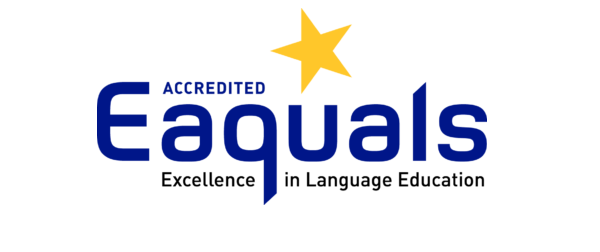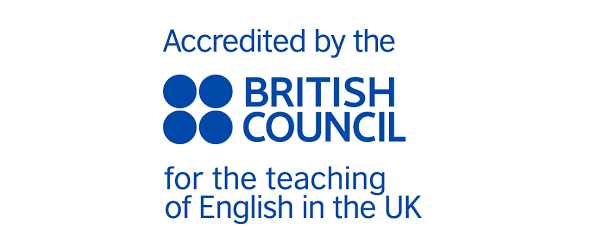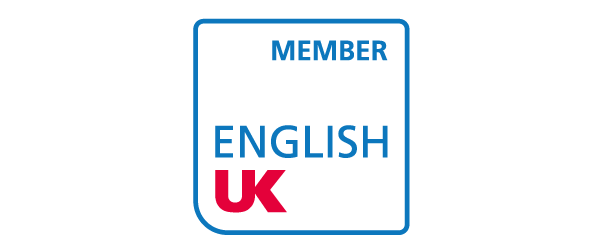During module 2, you will make choices about the focus of the lessons you are going to teach. These decisions will determine your reading. At the beginning of the course you will receive more detailed reading lists relating to specific skills and systems areas.
There are, however, some key books which will be useful to you throughout the course:
An advanced learner’s dictionary (Oxford, Cambridge, Macmillan, Longman etc...)
Reference books focussing on language
A selection of some of these books would be useful
Looking at language in context:
Biber, D., Johansson, S., Leech, G., Conrad, S., & Finegan, E. (1999) Grammar of Spoken and Written English, Longman
Focuses on natural language and frequency of use
Carter, R., Hughes, R. & McCarthy, M. (2000) Exploring Grammar in Context, CUP
Grammar reference and exercises with key
Carter, R. & McCarthy, M (2006) Cambridge Grammar of English – a comprehensive guide: Spoken and Written English Grammar and Usage CUP
Comprehensive reference based on real everyday usage
Collins Cobuild English Grammar For Advanced Learners and Teachers of English, based on the Bank of English corpus, part of the 2.5 billion-word Collins Word Web
Leech, G. (2001) An A-Z of English Grammar and Usage, Longman
Dictionary-like format covering key grammar points
Leech, G. & Svartik, J. (1994) A Communicative Grammar of English, Longman
Looking at grammar through the eyes of the communicator: focusing on meaning, use and communication
Swan, M. (2005) Practical English Usage, OUP
Comprehensive dictionary of grammar points with useful examples of typical problems and errors
Developing language awareness:
Arndt, V., Harvey, P. & Nuttall, J. (2000) Alive To Language - Perspectives On Language Awareness For English Language Teachers, CUP
Discusses language in use, language change and language and power. Includes awareness-raising activities
Bolitho, R. & Tomlinson, B.(2005) Discover English 2nd edition, Macmillan
Exercises and commentary on specific grammar and lexis areas
Parrott, M (2000) Grammar for English Language Teachers, CUP
Reference grammar for planning lessons and clarifying learners’ problems
Swan and Walter (1997) How English Works, OUP
Grammar practice with exercises and key
Thornbury, S. (1997) About Language: Tasks for Teachers of English, CUP
Tasks based on grammar, phonology, vocabulary and discourse
One or two good general methodology books such as:
Harmer, J. (2007) The Practice of English Language Teaching, Longman-Pearson
An overview of English language teaching, giving a solid introduction to all key areas
Hedge, T. (2006) Teaching and Learning in the Language Classroom, OUP
An good insight into issues, problems, and possibilities in ELT methodology
Larsen-Freeman, F. (2000) Techniques and Principles in Language Teaching, OUP
A description of different teaching methodologies, with descriptions of actual lessons
Richards, J. (1990) The Language Teaching Matrix, CUP
Different issues in language teaching examined in terms of theory and practice
Richards, J. & Rodgers, T. (2001) Approaches and Methods in Language Learning, CUP
A description of the main approaches and methods used in ELT
Scrivener, J. (1994) Learning Teaching, Macmillan
A practical handbook for EFL teaching
Thornbury, S. (2006) An A-Z of ELT, Macmillan
Clear definitions of concepts, ideas and terminology of ELT
Ur, P. (1996) A Course in Language Teaching, CUP
An introduction to many of the most important features of classroom language teaching, with tasks for teachers to do
Useful websites:
British Council website with articles and materials
BBC website with teaching materials/ideas
Humanising Language Teaching – free online magazine
IATEFL - you need to join to get full access, but there are some free sample article
One Stop English - Macmillan site with a lot of lesson ideas and articles. You need to join to get full access, but there are free materials too.
CUP = Cambridge University Press; OUP = Oxford University Press



